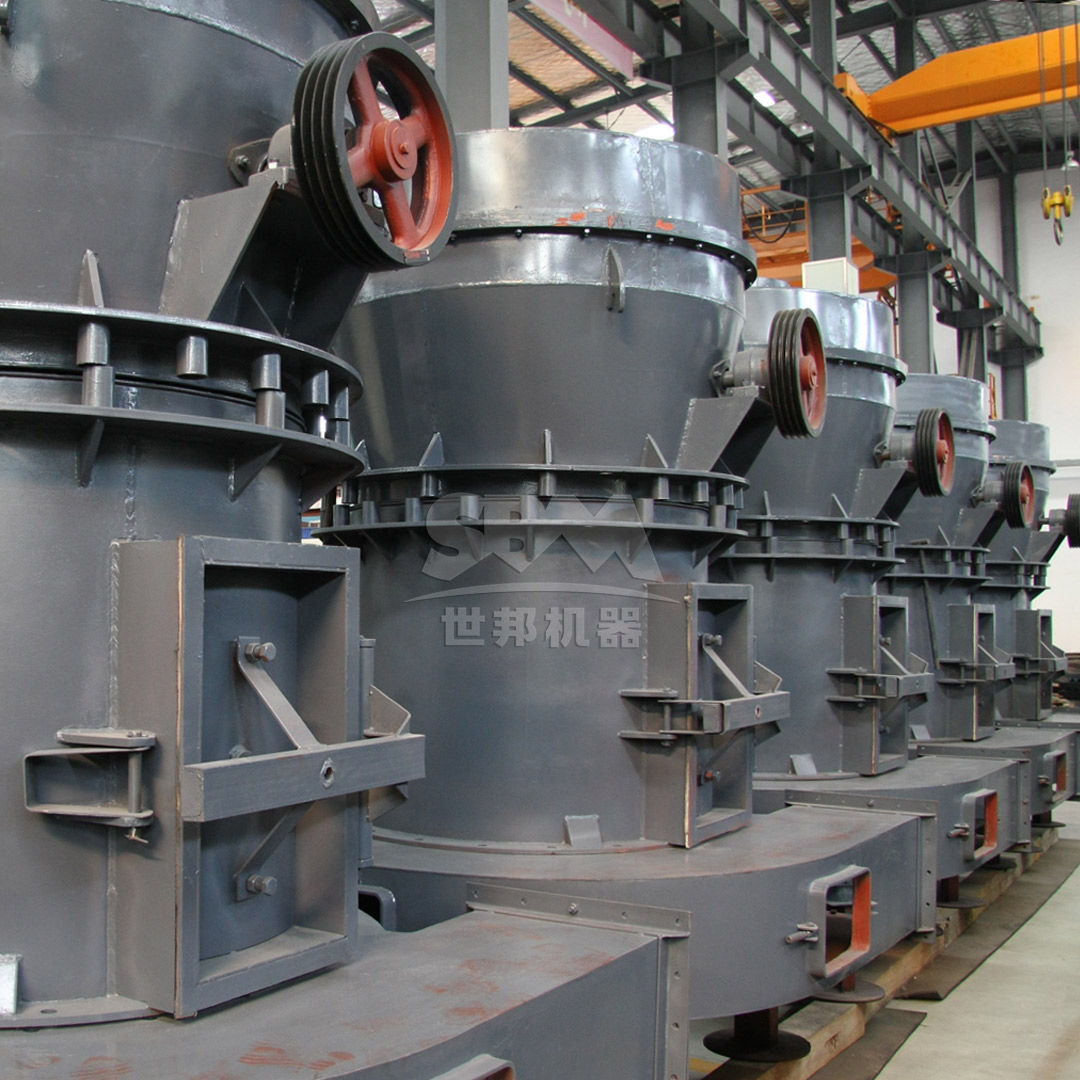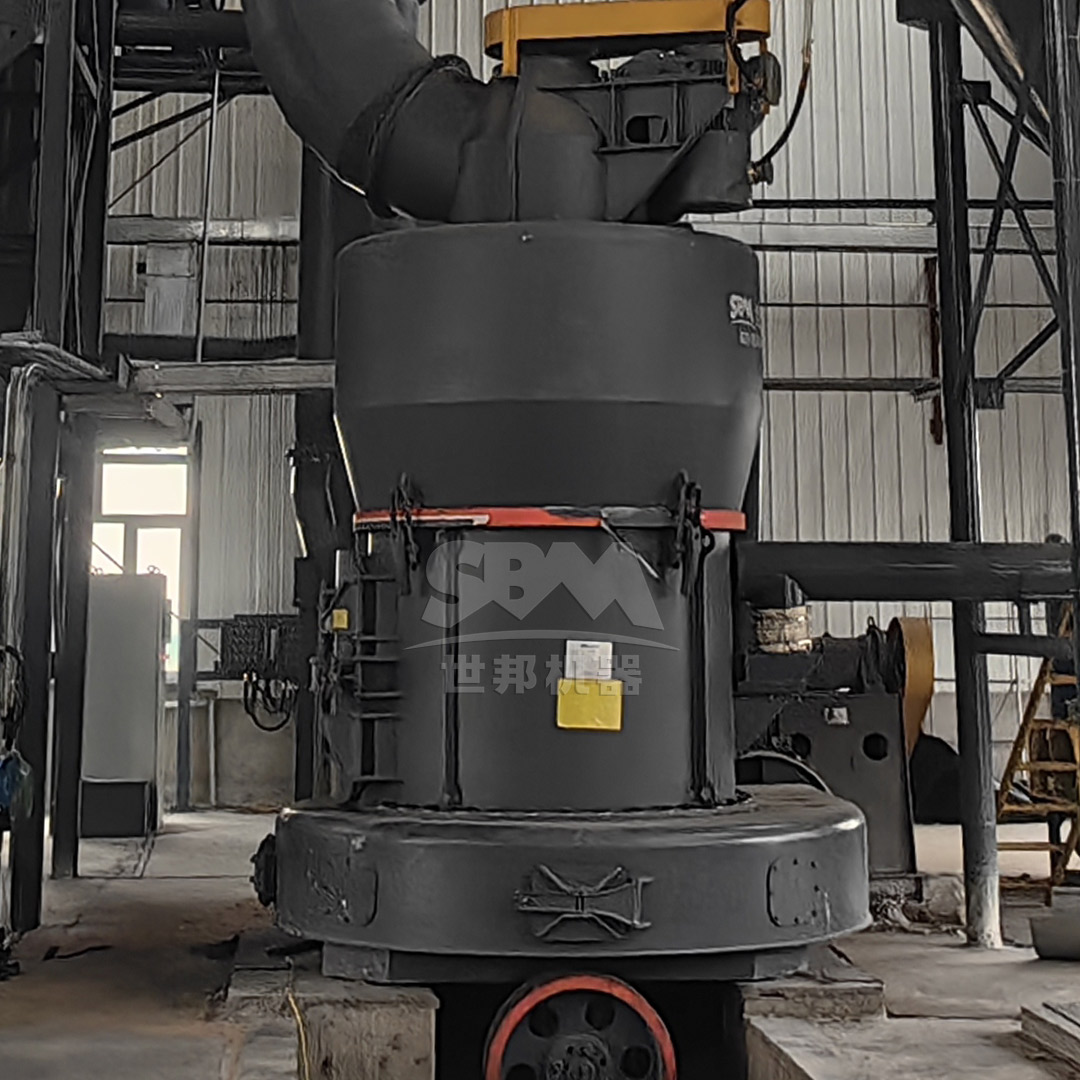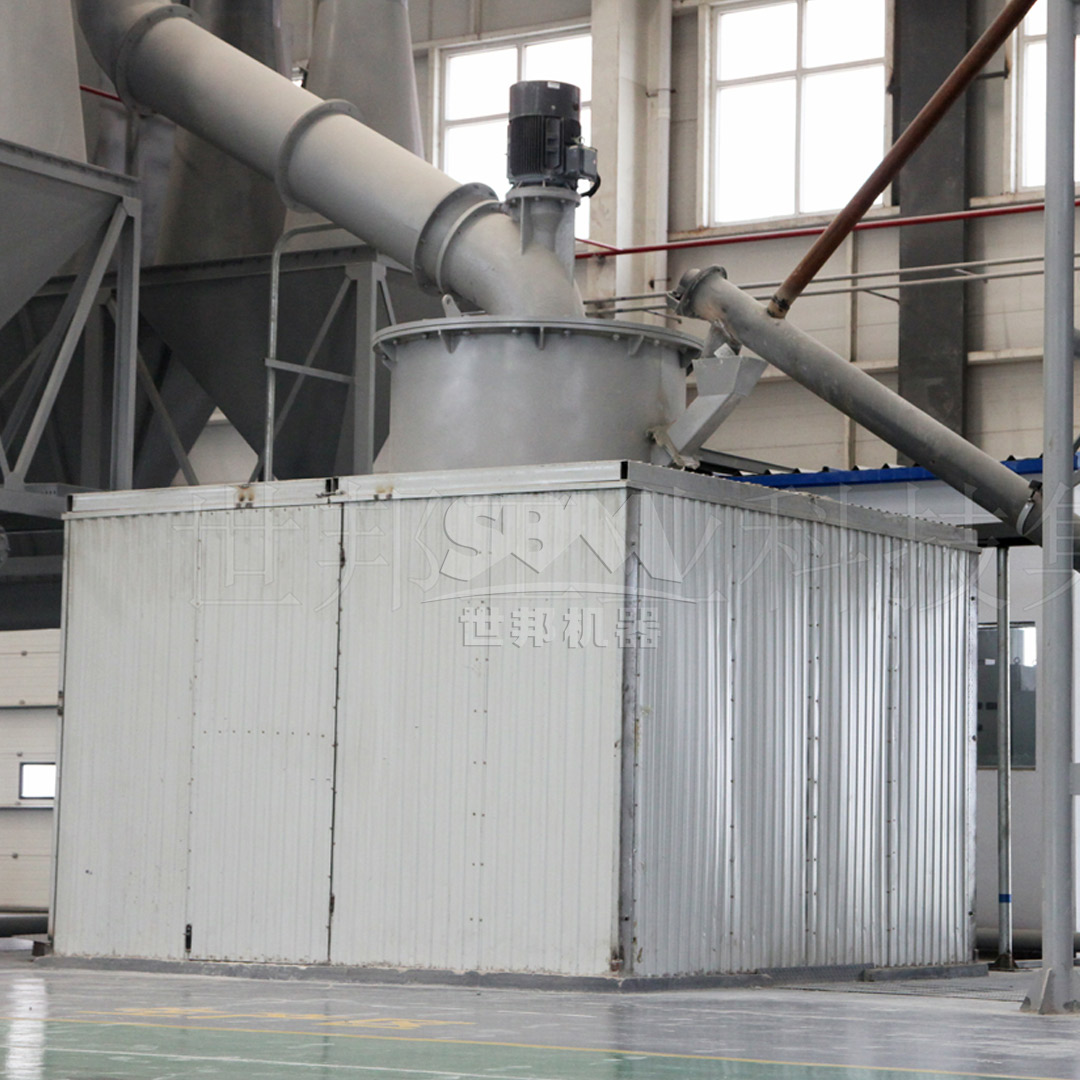Feldspar, one of the most abundant minerals in the Earth’s crust, serves as a fundamental raw material in glass and enamel manufacturing industries. Its unique properties—including alumina content, fluxing characteristics, and chemical stability—make it indispensable for producing high-quality glass products and durable enamel coatings. The manufacturing process requires precise control over feldspar particle size distribution, purity, and chemical composition, which directly influences the final product’s transparency, strength, and thermal resistance.
The transformation of raw feldspar into usable powder involves sophisticated grinding technology that must balance production efficiency, energy consumption, and product quality. Modern feldspar processing demands equipment capable of handling various feed sizes while producing consistent fineness across different applications. This article explores the critical role of feldspar grinding mills in glass and enamel production, with particular focus on technological advancements that enhance manufacturing efficiency and product quality.

In glass production, feldspar primarily serves as a source of alumina (Al₂O₃), which improves product durability, chemical resistance, and thermal stability. The specific requirements for feldspar powder in glass manufacturing include:
Traditional grinding methods often struggle to meet these stringent requirements efficiently. Ball mills, while capable of producing the necessary fineness, typically consume excessive energy and generate broad particle size distributions that can compromise glass quality. Modern vertical mills and specialized ultrafine grinding systems address these limitations through advanced classification and grinding mechanisms.
The choice of grinding technology directly influences several critical aspects of glass production:
| Grinding Parameter | Effect on Glass Quality | Optimal Range |
|---|---|---|
| Particle Size Distribution | Affects melting uniformity and bubble formation | D90 < 75μm with narrow distribution |
| Iron Contamination | Impacts color and transparency | < 0.08% Fe₂O₃ |
| Moisture Content | Influences melting behavior and energy consumption | < 1% |
| Chemical Homogeneity | Ensures consistent physical properties | Variation < 2% |
Enamel manufacturing imposes different requirements on feldspar powder, focusing particularly on fluxing properties and thermal behavior. The frit production process demands feldspar with specific characteristics:
Enamel frits require precise control over melting characteristics, which directly correlates with feldspar particle size and distribution. Inconsistent grinding can lead to variations in frit quality, resulting in defects such as pinholes, poor coverage, or inadequate adhesion to metal substrates.

Modern feldspar processing has evolved beyond traditional ball mills to incorporate more efficient and precise grinding technologies. Each technology offers distinct advantages for specific applications and production requirements.
Vertical roller mills have revolutionized feldspar processing for large-scale glass manufacturing facilities. These systems integrate multiple functions—crushing, grinding, drying, and classification—into a single compact unit. The LM Series Vertical Roller Mill represents the cutting edge in this technology, offering several advantages for feldspar processing:
The LM Series demonstrates exceptional performance in glass-grade feldspar production, with models ranging from the LM130K (10-28 t/h capacity) to the massive LM280K (50-170 t/h capacity). These mills maintain consistent product quality even with variations in raw material characteristics, making them ideal for continuous production environments.
For high-value applications requiring exceptional fineness and purity, ultrafine grinding systems deliver unparalleled performance. Our SCM Ultrafine Mill series represents the pinnacle of this technology, specifically engineered for demanding applications in both glass and enamel manufacturing:
The SCM series includes five models ranging from the compact SCM800 (0.5-4.5 t/h) to the high-capacity SCM1680 (5.0-25 t/h), ensuring an optimal solution for any production requirement. These mills feature intelligent control systems that automatically monitor and adjust product fineness, maintaining consistent quality despite variations in feed material.

Selecting the appropriate grinding technology requires careful consideration of multiple factors, including production capacity, energy efficiency, product quality requirements, and operational costs. The following comparison highlights the key differences between major grinding technologies for feldspar processing:
| Technology | Output Range | Capacity (t/h) | Power Consumption (kWh/t) | Applications |
|---|---|---|---|---|
| Ball Mill | 0.074-0.8mm | 0.65-450 | 25-40 | Standard glass, ceramic bodies |
| MTW Trapezium Mill | 30-325 mesh | 3-45 | 18-28 | General enamel, container glass |
| LM Vertical Mill | 30-325 mesh | 3-250 | 15-25 | Flat glass, high-volume production |
| SCM Ultrafine Mill | 325-2500 mesh | 0.5-25 | 30-45 | Specialty glass, high-grade enamel |
Based on extensive industry experience and technical analysis, we recommend specific grinding solutions for various feldspar processing requirements in glass and enamel manufacturing.
For large-scale glass manufacturing facilities requiring consistent quality and high throughput, the MTW Series Trapezium Mill offers an optimal balance of performance, efficiency, and reliability. This advanced grinding system incorporates several proprietary technologies that make it particularly suitable for feldspar processing:
The MTW series includes multiple models suitable for different production scales, from the MTW110 (3-9 t/h) to the high-capacity MRN218 (15-45 t/h). These mills maintain stable operation even with variations in feed material characteristics, ensuring consistent product quality for continuous glass manufacturing operations.
For manufacturers producing specialty glass products or high-quality enamel frits, the SCM Ultrafine Mill delivers unmatched performance in producing superfine feldspar powder. This advanced grinding system excels in applications requiring precise particle size control and exceptional product purity:
The SCM series operates on a unique grinding principle where the main motor drives three-layer grinding rings to rotate. Material disperses into the grinding track through centrifugal force, undergoes roller pressing and layered grinding, with final powder collection accomplished through cyclone collectors and pulse dust removal systems. This sophisticated approach ensures optimal energy utilization and product quality.
Successful feldspar grinding operations require attention to several critical factors beyond equipment selection. Implementing proper operational practices significantly impacts productivity, product quality, and equipment longevity.
Consistent grinding performance begins with proper feed material preparation:
Proactive maintenance extends equipment service life and maintains product quality:
Investing in modern feldspar grinding technology delivers substantial economic benefits through multiple channels. A comprehensive analysis should consider both direct and indirect cost factors.
Modern grinding systems significantly reduce several direct operational costs:
Beyond direct cost reductions, modern grinding technology delivers significant indirect economic advantages:
The evolution of feldspar grinding technology continues, with several emerging trends shaping future equipment development and application methodologies.
The integration of digital technologies transforms feldspar grinding operations:
Environmental considerations increasingly influence grinding technology development:
Feldspar grinding technology represents a critical link in the value chain for glass and enamel manufacturing. The selection of appropriate grinding equipment directly impacts product quality, production efficiency, environmental compliance, and economic viability. Modern grinding solutions, particularly the SCM Ultrafine Mill for high-precision applications and the MTW Series Trapezium Mill for high-volume production, offer significant advantages over traditional technologies.
As manufacturing requirements continue to evolve toward higher quality standards, greater efficiency, and improved sustainability, advanced grinding technologies will play an increasingly important role in maintaining competitive advantage. Manufacturers who invest in modern grinding solutions position themselves to meet current market demands while building capability for future challenges and opportunities.
The continuous innovation in grinding technology—driven by digitalization, material science advancements, and environmental considerations—ensures that feldspar processing will remain a dynamic field with ongoing opportunities for improvement and optimization. By understanding the capabilities of modern grinding systems and implementing best operational practices, manufacturers can maximize their return on investment while producing superior products for the glass and enamel industries.